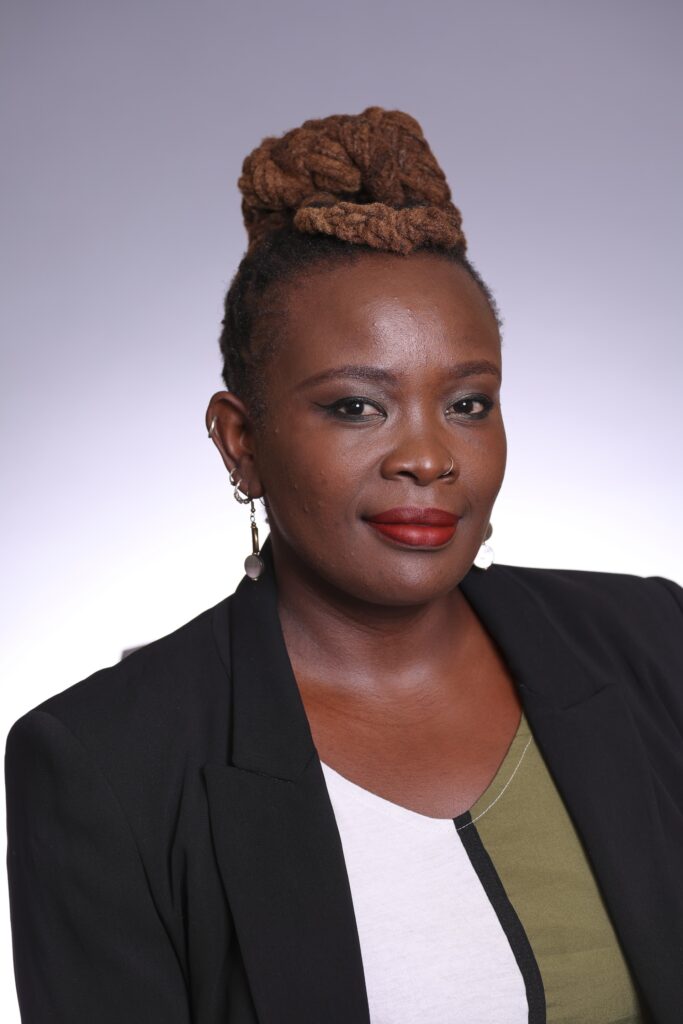Fiw Topics
- Consumer Protection
- Digital Financial Services
FIW Year
- 2024
Transcripts:
Summary + Key Insights
A panel at Financial Inclusion Week 2024 discussed Digital Public Infrastructure (DPI),
emphasizing user centricity and the need to amplify vulnerable voices in financial systems.
- 📊 Cost Reduction and Accessibility: DPI can significantly lower transaction costs, improving access for low-income users. However, sustainability concerns arise if funding is not maintained for ongoing user support.
- 🛠️ Importance of Grievance Mechanisms: Effective grievance redressal systems can prevent user drop-offs, especially among vulnerable populations, by ensuring their concerns are addressed promptly.
- 🧩 Adaptability of Systems: DPI must be flexible enough to accommodate different technological capabilities and user experiences, particularly for those with limited digital literacy.
- 💡 Need for Inclusive Policies: Policymakers should prioritize gender-responsive strategies in DPI to ensure equitable access and benefits for women and marginalized groups.
- 🌐 Public-Private Partnerships: Collaborations between governments and private sectors can enhance DPI frameworks but must be carefully structured to avoid socializing risks while privatizing gains.
- 🔍 Long-Term Research and Monitoring: Continuous monitoring and research into user experiences are crucial to adapt and improve DPI, ensuring it remains relevant and effective.
- 🗺️ Tailored Solutions: Each market’s unique context must guide the design and implementation of DPI, rather than a one-size-fits-all approach, to truly meet user needs.
This session summary was AI-generated using NoteGPT.
Digital public infrastructure (DPI) is increasingly recognized as a core component of modern governance and economic development, integral to advancing financial inclusion and supporting sustainable development goals. As the definitional space around DPI continues to evolve, so do different models adopted by countries, resulting in varied roles assumed by private and public entities in each country context. India and Brazil have shown some indications of the transformative potential of DPI. However, the voices of users often remain unheard. Our goals as we think of the next few years for inclusive finance is to reduce the access and usage gaps, and address the trust deficit in formal financial services so we can include the 3 bn who remain excluded from digital services, or the 2 bn that remain underserved by formal financial services. The panel will explore research findings and insights from India and Kenya, the Universal DPI safeguards framework – a multistakeholder effort convened and supported by the Office of the UN Secretary General’s Envoy on Technology and the United Nations Development Programme (UNDP), and discuss what is required in the realm of governance innovation to foster an environment of trust for the most vulnerable consumer segments.
FIW REsources
Explore Financial Inclusion Week sessions from previous years.
Hosted annually by the Center for Financial Inclusion, FIW brings together global leaders to exchange ideas, share research, and offer perspectives to inform the future of inclusive finance.




